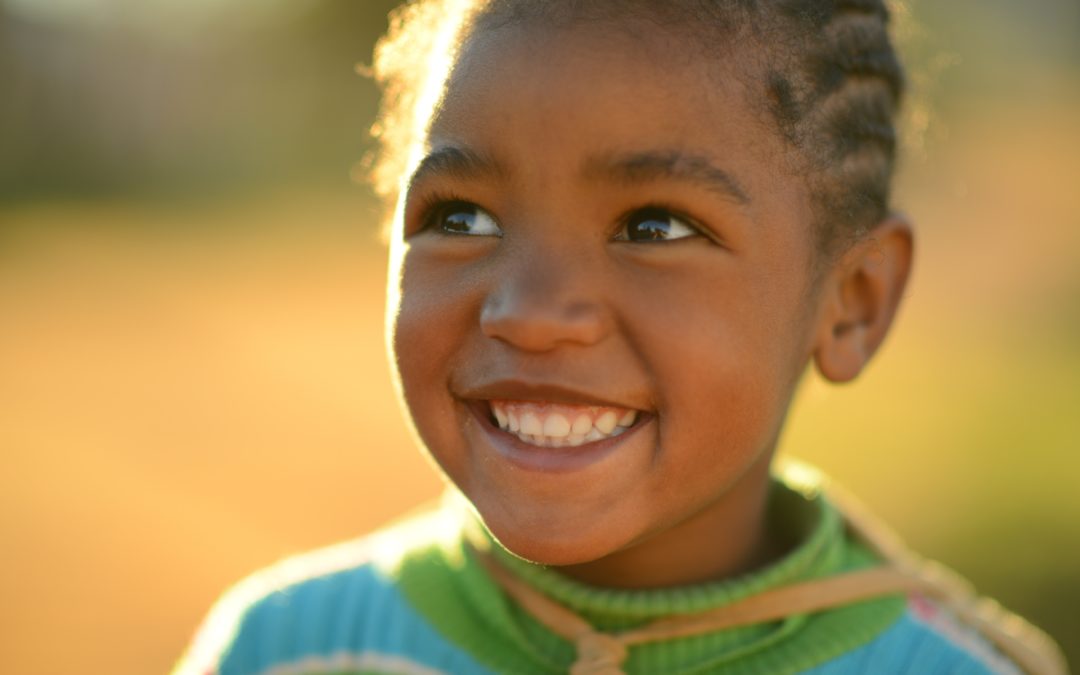
In sub-Saharan Africa, 52 million girls do not attend school. This doesn’t only translate to a lack of job opportunities and poverty — it also means lower climate resilience: Studies have found that for every additional year of school a girl receives (on average), her country’s climate resilience measurably improves.
“While rarely considered together, progress in girls’ education and climate change are integrally connected,” writes Alice Ruhweza, vice president of programs and partnerships at Conservation International Africa, in a recently published post.
Girls who are taught about reproductive health and family planning, for example, have fewer children, which is one of the best ways to slow climate change. Education, meanwhile, enables girls to pursue careers in conservation, science and economics.
“If the 52 million girls currently out of school in Africa are given a chance to go to school, they will grow to become change makers and problem solvers for Africa and the planet,” Ruhweza writes.
Olivia DeSmit is a staff writer for Conservation International.
Want to read more stories like this? Sign up for email updates. Donate to Conservation International.
Further reading
If you’d like to read the original source of this article please click here Visit Source

